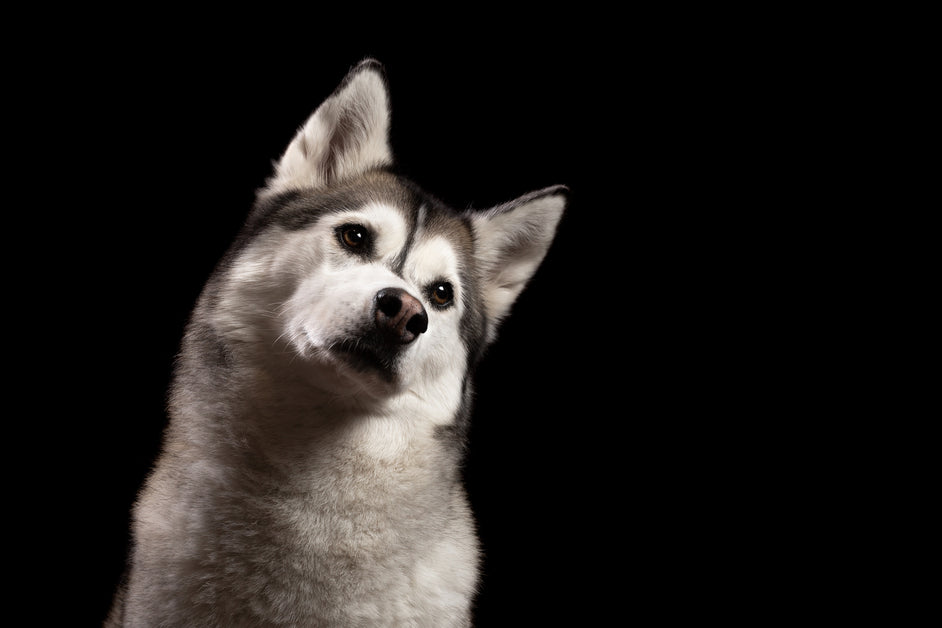

And why you should move a cow into your living room
Contents
Last time I wrote about the topic of regret, procrastination, and risk-taking; today my plan is to talk about no-clueitis, a serious problem that plagues Homo sapiens. I find it comical that we, humans, named our own species Homo sapiens, which ironically means “wise human” in Latin.
Could this be the sign of ultimate narcissism and delusion about the superiority of our species? Or is it a cover-up of insecurity, because we actually know very little about life and the universe? Perhaps calling ourselves wise is an attempt to cover up our flaws, and diminish our collective guilt of messing things up. Who knows.
To be fair, I think our species is much more balanced. Our extraordinary talents are as prominent as the endless array of our flaws. We are as creative as we are destructive, and as smart as we are stupid.
I know I could list a number of examples here, but instead, I would like to invite you to take a few seconds and think about where our species has done amazingly well, and where we have repeatedly failed.
I have been thinking about this too, realizing that people make decisions based on their beliefs instead of facts.
Example #1
I often see people running and exercising outdoors with a mask, with no other people around them. It seems that they are unaware that viruses don’t float in the air when no one is around, and that re-inhaling an excessive amount of carbon dioxide is harmful when they are exercising.
***
Example #2
Nutrition is another field that is plagued by misperceptions. Unlike complex disciplines, for example, brain surgery or rocket science, where people usually default to opinions of experts, the field of nutrition is familiar enough to make everyone a smart-ass.
The average person is unlikely to argue about a surgical technique or rocket technology, but will be keen to share their opinion about nutrition, diet, and often present themselves as experts online. There are countless YouTube ads that are good proof of this.
Unfortunately, a high school biology class and a quick course in nutrition is not enough to properly understand the complexity and nature of the body’s biochemistry, and people often fill in the blanks with misleading info they find randomly online.
Much information out there is not provided by knowledgeable, experienced individuals, and if so, it doesn’t usually have the same advertising budget as some sort of “magic potion marketer.” YouTube and social media sites do not differentiate between the information provided by a Nobel Prize winner and that of a Mr. Bozo Know-it-all. Whoever pays the most for ads will be seen more, and those who sell advertising such as Google, Facebook, and others, don’t care.
***
Example #3
Bacteria, pathogens, and parasites are another misunderstood area of health and healthcare, especially now during the pandemic. People have been using and overusing chemical cleaners to destroy the coronavirus, which makes sense from the view of controlling the pandemic, but the chemicals also ruthlessly kill beneficial microbes. I talk more about this in my blog on beneficial bacteria.
Similar to a forest or an African savanna, where each animal, plant, and bug plays an important role, our environment needs these beneficial “bugs” in order to be healthy, and keep us healthy. Numerous studies have confirmed that young children born and raised on farms are less likely to be allergic in adulthood. In translation, if you want your kids to be healthy, move a cow into your living room (Naleway, A., 2004).
The same applies to dogs, and luckily for them, we can’t keep them away from a range of microbes, as their preference for poop eating, and habit of rolling in stinky things, keeps their immune system in top-notch shape. Sometimes I walk my dog Pax on a nearby cow pasture with his dog friend Opie, and regularly I catch them diving for a piece of a cow pie, which for most people would be a disgusting habit. However, from nature’s point of view, this is another way for dogs to supply their diet with fermented, pre-digested food, enzymes, beneficial bacteria, and vitamins.
This is also why you should ideally keep your dog away from processed dry or canned diets, no matter what the quality of ingredients is. Baking, processing, and canning makes food pretty much sterile, which results in a weaker immune system.
(See the Recipe Maker for Dogs to prepare healthy food for your dog).
But going back to cows, they’re one of the most fascinating “inventions of nature”, the equivalent of a super-efficient walking composting “box” on legs, a fermenting “machine” with a 24 hour turnaround time. Isn’t it amazing?
For millennia, humans have been drawn to fermented foods and their benefits. Sauerkraut, kefir, kimchi, dill pickles, yogurt (dairy or non-dairy). Research has confirmed that fermentation increases nutritional value, bioavailability, anti-inflammatory, anti-oxidant, and anti-cancer properties.
This is why I made the decision to use the fermentation process in making SoulFood, my certified organic multivitamin formula for dogs. At the time of formulation, this technology was used in only a handful of high end human vitamins and as far as I know, SoulFood multivitamin is the only one available for dogs. Click here to learn more.
A few final words
I trust that if you aren’t worried about your sweet dog getting dirty, and exposed to bacteria, you will be more at ease with dirt, muddy puddles, or a cow pie that your dog may dive into, because in general it is better than living in an artificial and overly-clean environment.
And if we humans want to be deserving of the term “sapiens”, the wisest thing to do is to respect nature and follow “her” lead. All we need to do is to learn from the flawless, fully sustainable natural systems that have evolved over millions of years, follow them and invent technology that doesn’t go against nature but is aligned with it.
The closer we get to nature, the more likely we and our animal friends are going to thrive and live healthier and longer lives.
Give your dog a hug for me.
Dr. Peter Dobias